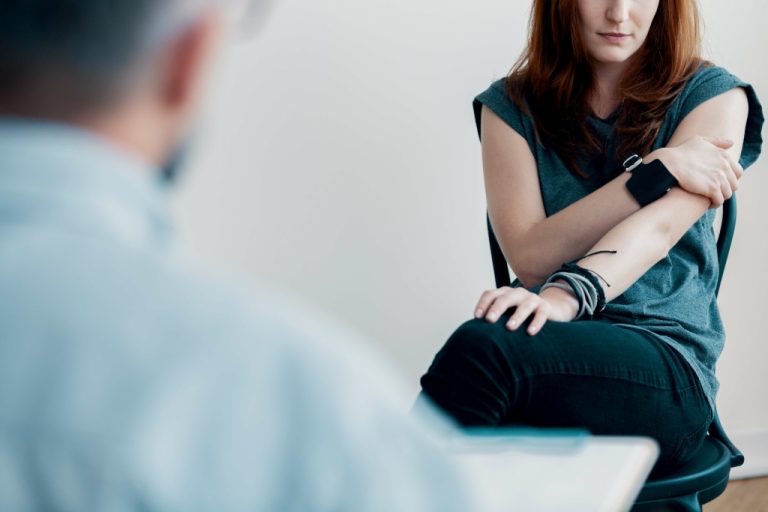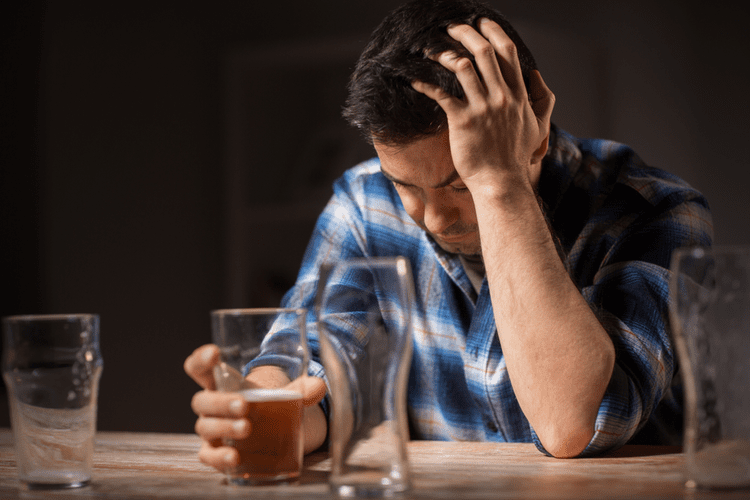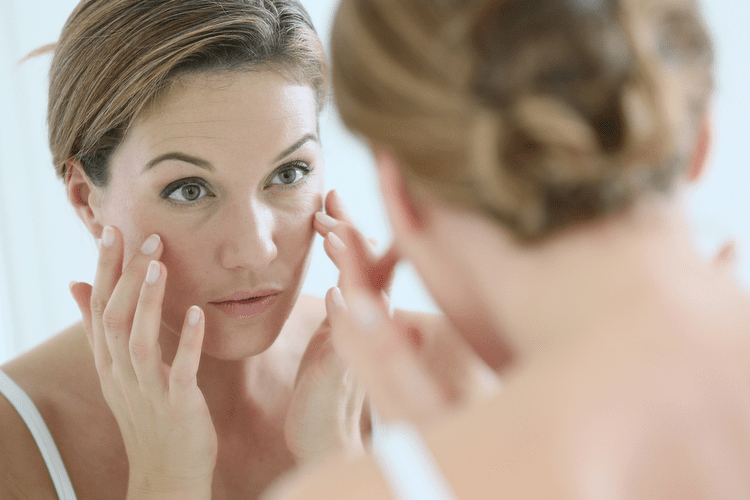This is because it is the alcohol which causes the alcohol breath in the first place. The good news is, the skin – like all organs – can regenerate under the right circumstances. Of course, you need to have https://schmidt.onlinedigitalprojects.com/2021/01/13/alcohol-poisoning-what-it-is-effects-and-treatment/ reasonable expectations, skin that has been affected by decades of alcohol misuse will never look as fresh as skin that hasn’t.
Antabuse (Disulfiram) Side Effects
Let’s delve into this topic and discover the truth behind this popular belief. Keep in mind that the effects of rubbing alcohol are temporary and usually last for a few hours or until the alcohol has fully evaporated. When it’s applied to your skin, the rubbing alcohol will temporarily close your pores, which are the tiny openings in your skin that sweat exits from.
- As a result, you could start sweating, especially if you’re in a warm environment or dehydrated.
- The phenomenon of “sweating out alcohol” during sleep is closely tied to the body’s detoxification process.
- This FDA-approved medication can help address the physical aspects of alcohol dependence while you work on the psychological and behavioral components through counseling and support.
- In order to reduce body odor due to hyperhidrosis, it is important to keep skin clean and practice good hygiene.
Does the amount of alcohol consumed affect how much you sweat?

Drinking alcohol increases your body temperature and your heart rate, which can make you sweat. Alcohol also dilates your blood vessels, which can make you feel hot and cause you to sweat even more. Additionally, alcohol can make you dehydrated, which can make you sweat more. It’s important to drink plenty of water while drinking alcohol to stay hydrated and avoid excessive sweating. Excessive sweating when drinking alcohol can be a sign that something is wrong. If you experience excessive sweating when drinking alcoholic beverages, it’s important to speak to your doctor to rule out any potential causes.
The Immediate Effects of Alcohol on Sweating During Exercise
Of course, the best way to avoid smelling like alcohol is to abstain from it altogether or practice moderation, which is typically defined as one drink per day for women and two drinks a day for men. When we drink alcohol, our body undergoes a process known as alcohol metabolism. With the help of our digestive enzymes, our liver breaks down ethanol, the primary component in alcoholic drinks. One of these enzymes — alcohol dehydrogenase — converts ethanol into acetaldehyde, which is then further metabolized into acetic acid before being excreted or released from our bodies. Night sweats can also be a symptom of hyperhidrosis, panic disorder, fever, hyperthyroidism, medication side effects, and other health problems. In addition, certain lifestyle choices, like smoking, can lead to nocturnal sweating episodes.
The phenomenon of “sweating out alcohol” during sleep is closely tied to the body’s detoxification process. At the core of alcohol-induced night sweats lies the why does alcohol make you hot intricate relationship between alcohol consumption and the body’s temperature regulation mechanisms. Alcohol has a profound impact on our body’s ability to maintain its normal temperature, a process known as thermoregulation. To understand why alcohol leads to night sweats, it’s crucial to grasp how alcohol impacts the body.
What are the long-term effects of alcohol-induced axillary hyperhidrosis?
Finally, long-term use of some medications can lead to liver damage, increased risk of cancer, and other serious health issues. These drugs are used to treat mental illnesses such as schizophrenia, bipolar disorder, and depression. Commonly prescribed antipsychotics include risperidone (Risperdal), olanzapine (Zyprexa), and quetiapine (Seroquel).

With extensive experience in the field of addiction treatment, Francisco is dedicated to helping individuals access the Alcoholics Anonymous resources they need for successful recovery. If you are struggling with the complications that come along with hyperhidrosis there are several things you can do. The first thing most doctors recommend is trying an over-the-counter antiperspirant.

Furthermore, alcohol can stimulate the sympathetic nervous system, which controls the body’s “fight or flight” response. This stimulation can lead to increased sweat gland activity, exacerbating the night sweat problem. The liver plays a crucial role in metabolizing alcohol, and its function is closely tied to the occurrence of night sweats. As the primary organ responsible for breaking down alcohol, the liver works overtime when we drink.
Take control of your health and well-being. Listen to the podcast here.
If night sweats are due to hormonal fluctuations, keep some of the following tips in mind. They can help you recuperate after waking up from an episode in the middle of the night. Continue reading to find out why does alcohol cause night sweats and what you can do for long-lasting relief once and for all. Night sweats can interrupt sleep, as some people must get out of bed to make them stop, change their clothes or change their bedding. Repeated episodes can lead to poor sleep and then fatigue the following day. In order to prevent alcohol breath entirely, you would need to avoid alcohol entirely.





 American Express
American Express
 Argencard
Argencard
 Cabal
Cabal
 Diners
Diners
 Maestro
Maestro
 Mastercard
Mastercard
 Naranja
Naranja
 Pago Fácil
Pago Fácil
 Rapipago
Rapipago
 Visa
Visa
